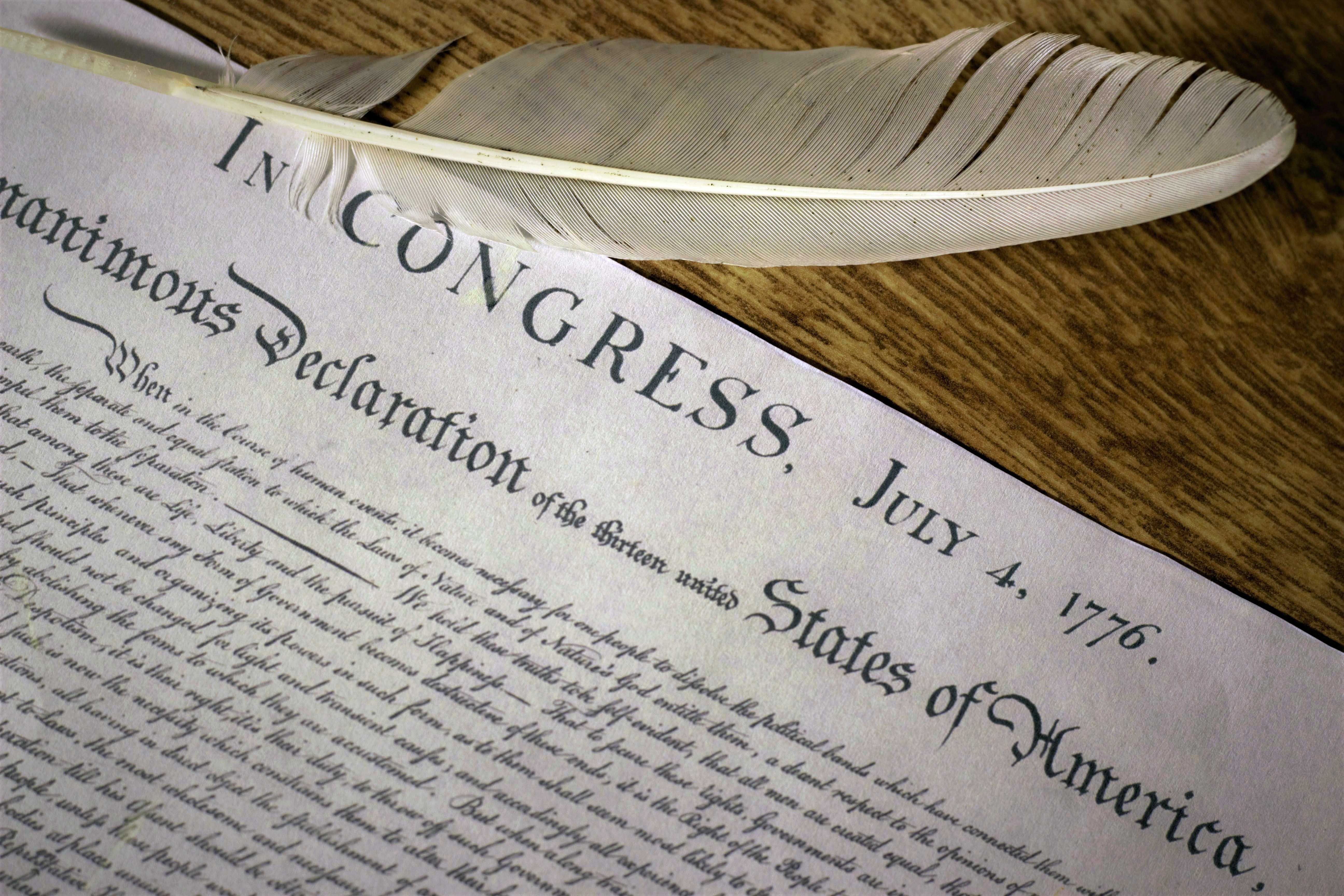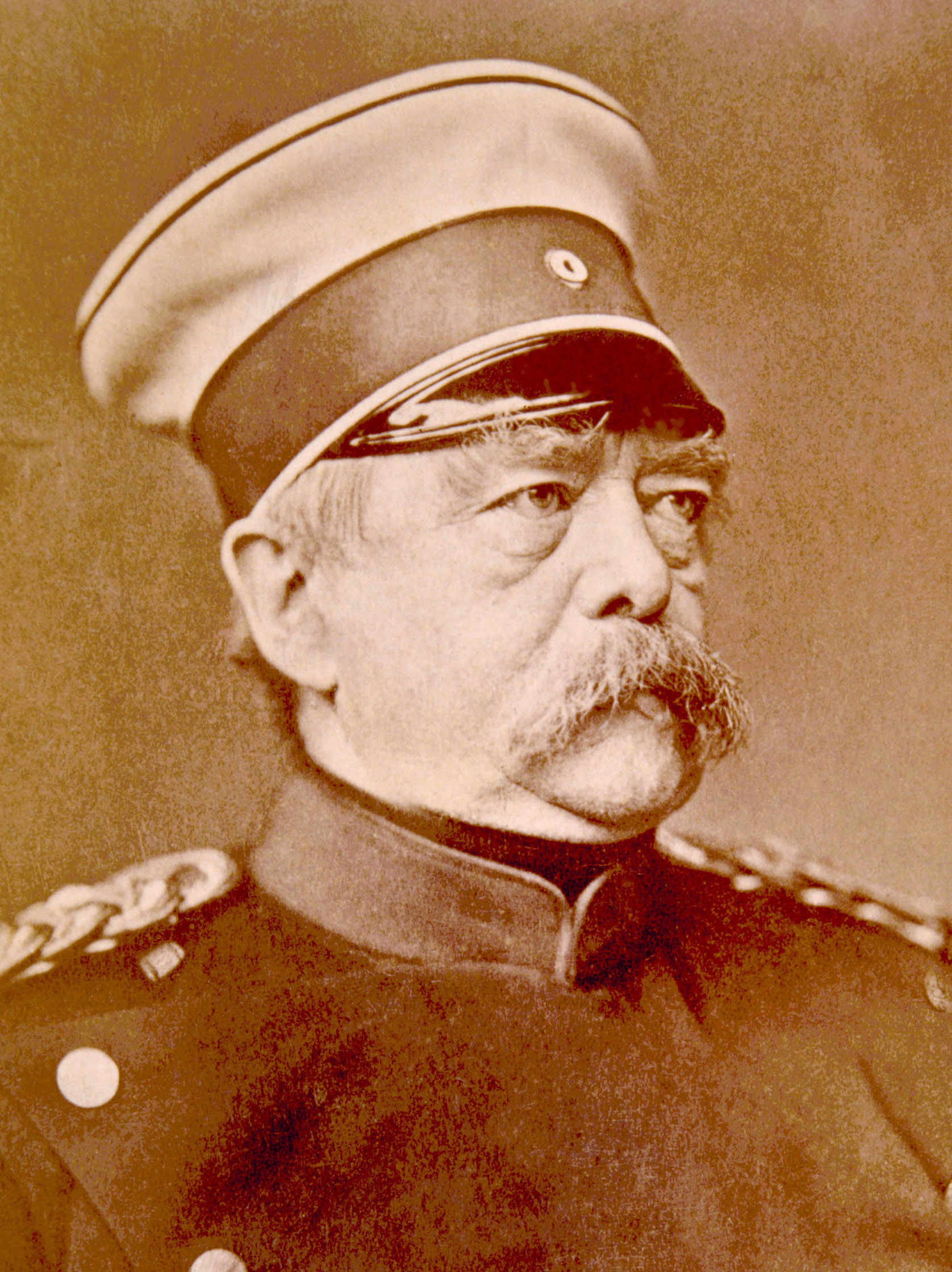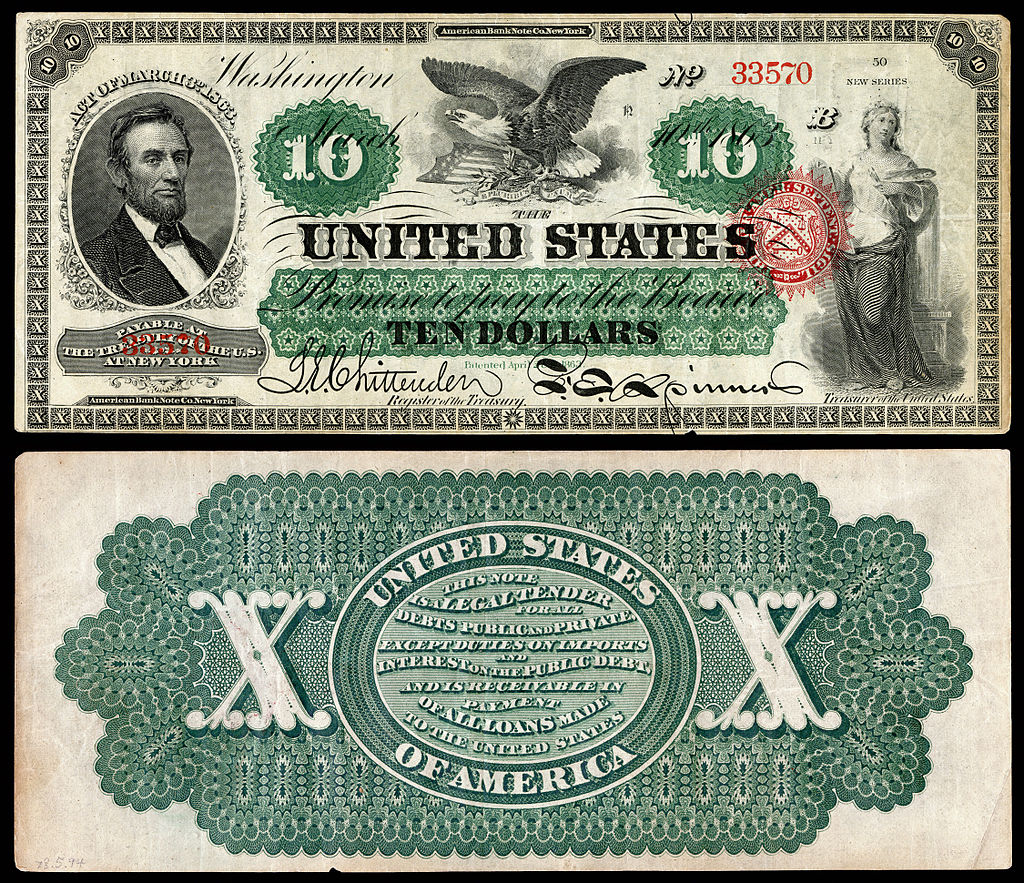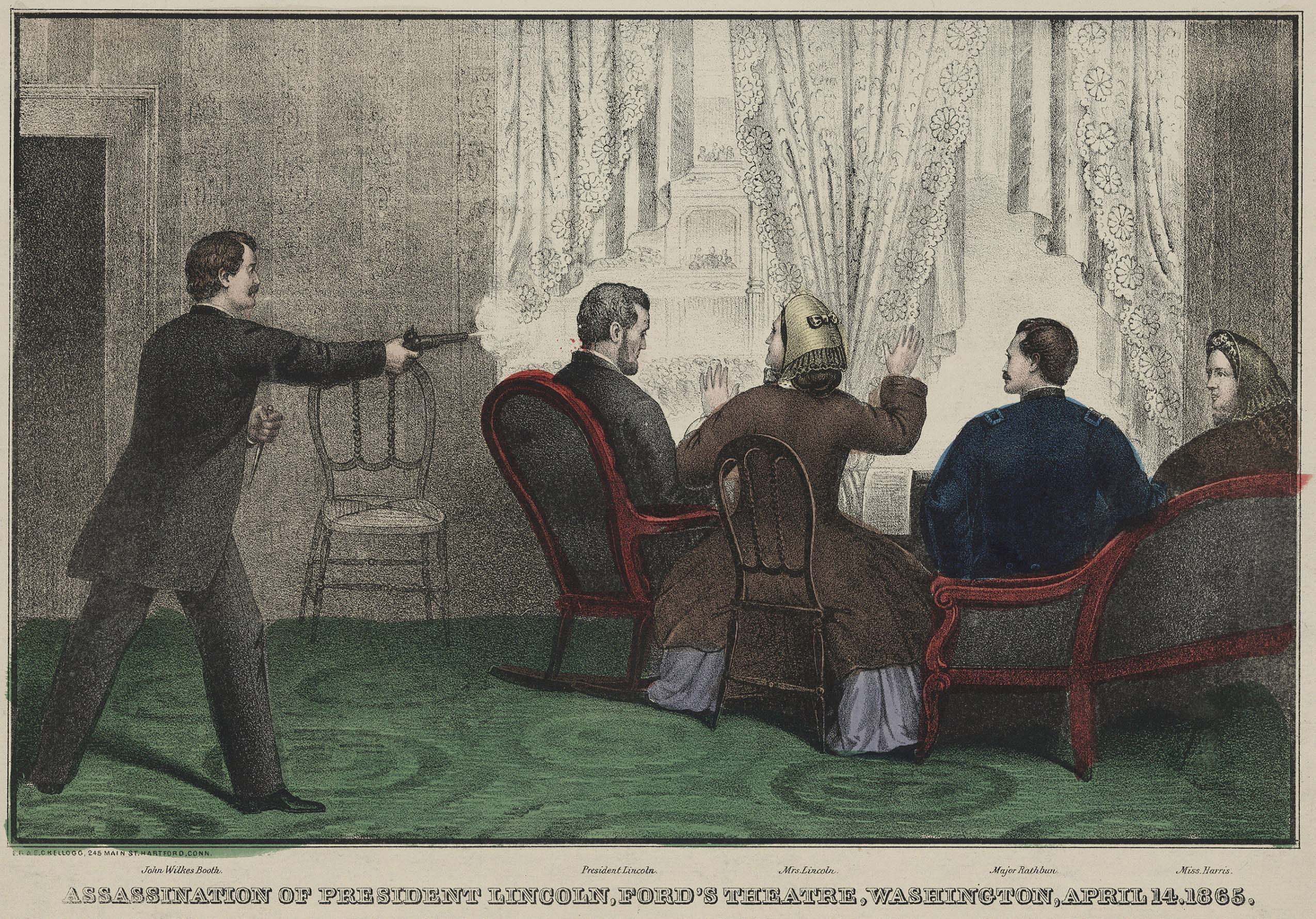Lincolns Greenback Notes Saved America Once–but Can They Save It Again Now?

Different people attribute different causes for the American Civil War, but like most wars, which are complex, its causes were manifold. Little known is how the power struggle to determine who shall control the United States money supply was a primary objective in the Civil War; and how a paper note called the “Greenback,” invented by Lincoln, allowed him to gain the upper hand in that contest to save America—at least for a while. It is a lesson we stand to learn from amidst the impending global crises today.
Slavery is often cited as the main cause of the Civil War, a moral realization of the Declaration of Independences assertion that “all Men are created equal.” However, it is conceivable that saving the Union was Lincolns ultimate objective.
“I believe this Government cannot endure, permanently half slave and half free,” Lincoln stated on June 16, 1858. “I do not expect the Union to be dissolved—I do not expect the house to fall—but I do expect it will cease to be divided.”
But why was maintaining the Union so important?


Besieged by Bankers
Lincoln knew that a divided nation would be unable to stand up to the financial elites of Europe who wanted to enslave America. A quote by then-German Chancellor Otto von Bismarck explained how larger powers planned to split the rich new nation and force Lincoln into the war:
“I know of absolute certainty that the division of the United States into two federations of equal force was decided long before the Civil War by the high financial powers of Europe. These bankers were afraid that the United States, if they remained as one block and were to develop as one nation, would attain economic and financial independence, which would upset the […] domination of Europe over the world.”


In a Pinch: Lincoln Stumbles on the Secret of Money
However, Lincoln needed money in order to win. So he, along with Secretary of Treasury Salomon P. Chase, traveled to New York to seek loans from what he hoped were patriotic American bankers. But, wanting Lincoln to fail, they offered the extraordinarily high interest rate of 36 percent. Lincoln refused and returned to Washington, depressed.
Seeking advice, he tasked Col. Dick Taylor with finding a financial solution to fund the war effort. Taylor responded:
“Why, Lincoln, that is easy; just get Congress to pass a bill authorizing the printing of full legal tender treasury notes … and pay your soldiers with them and go ahead and win your war with them also […]
“They will have the full sanction of the government and be just as good as any money; as Congress is given that express right by the Constitution.”
So, in 1862 and 63, the American government printed $450 million of its own paper currency, paid their troops, and bought supplies, all created with no interest to pay. The special notes were printed with green ink on the back and a red seal on the front to distinguish them from debt-based money, hence the name that was coined: Greenbacks.


Lincoln would soon come to realize that a simple yet priceless principle—that government-printed currency, backed only by good faith—leads to unprecedented stability and prosperity for the nation. In a speech to Congress in 1865, he said:
“The Government should create, issue, and circulate all the currency and credit needed to satisfy the spending power of the Government and the buying power of consumers.
“The privilege of creating and issuing money is not only the supreme prerogative of Government, but it is the Governments greatest creative opportunity.
“By the adoption of these principles […] the taxpayers will save immense sums of interest. Money will cease to be master and become the servant of humanity.”
Lincoln succeeded in winning the American Civil War and preserving the Union. Yet even still, he was unable to prevent the scheme that followed after he was assassinated.


A Hired Mercenary?
On April 14, 1865, 41 days after his second inauguration and just 5 days after the Souths General Lee surrendered, Lincoln was shot dead by John Wilkes Booth—who was later revealed to be a mercenary of the international bankers, according to attorney G. G. McGeer, per The Vancouver Sun in 1934.
McGeer said that the bankers feared Lincolns “national currency program,” and that they “fought him throughout the Civil War on his policy of greenback currency.”
A Prediction of Wars and Chaos Come True?
After Lincolns assassination, Otto von Bismarck lamented that:
“The death of Lincoln was a disaster for Christendom. There was no man in tRead More – Source
















